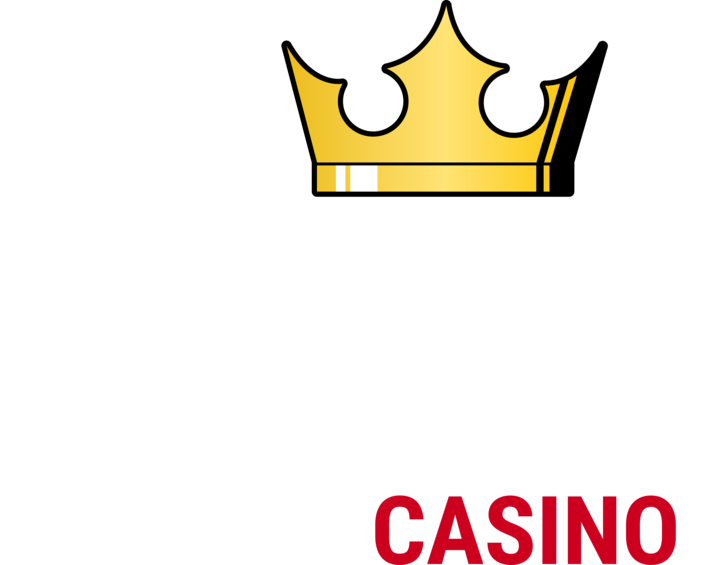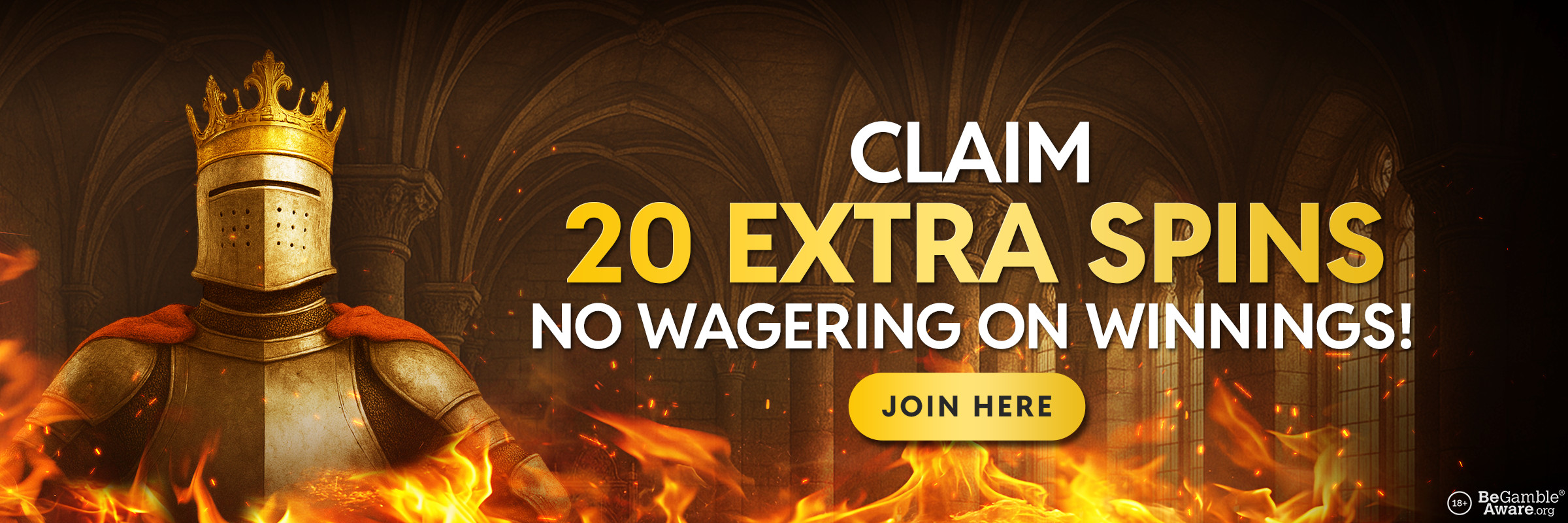
Push Meaning in Blackjack: What Does a Push Mean When Playing?
Many blackjack players hear the term push at the table and wonder what it actually means for their bet. In simple terms, it is a tie, but there are a few useful details to know so you can read the outcome correctly.
This blog post explains what a push is, how it is handled, when it tends to happen, and what it means for your balance. You will also see some common examples and a clear look at whether pushes can be avoided.
Read on to learn more.
What Does Push Mean in Blackjack?
In blackjack, a push is when the player and the dealer finish a hand with the same total. No one wins, no one loses, and the player’s stake for that hand is returned.
A push is not a win or a loss. It simply restores the original amount bet on that hand so it can be used again, if you wish.
With the basics in place, it can help to know how the table handles this outcome in practice.
How Does a Push Work at the Blackjack Table?
At the end of a round of blackjack, once the dealer has drawn cards and stood according to the game’s rules, each hand is compared to the dealer’s. If your total matches the dealer’s exactly, it results in what’s known as a push—essentially, a tie.
In this case, your bet is neither lost nor won. If you’re playing online, your balance is simply updated to reflect the return of your stake. In a physical casino, the dealer may slide your chips back to you or leave them on the table for the next round, depending on the house procedure.
There are a few related scenarios worth being aware of, particularly if you choose to use additional betting options:
- If you double down and that hand results in a push, the full amount you staked—including the doubled portion—is returned.
- If you’ve chosen to split your hand, each hand is treated separately. This means one split hand could push, while the other wins or loses.
- Side bets, if you’ve placed any, are settled independently. A push on your main hand doesn’t affect the outcome of any side wagers.
So, when might you see a push most often? It tends to occur when both you and the dealer land on strong totals like 18, 19, or 20—particularly in games where the dealer stands on all 17s.
When Does a Push Happen in Blackjack?
A push happens when both final totals are the same after the dealer completes their draw. It does not occur if either party has already busted, because a bust ends that hand before any comparison.
Common examples include matching totals such as 18, 19, 20 or 21. If both player and dealer have 21, the detail that matters is how that 21 was made:
- If both have a natural blackjack, it is typically a push under standard rules.
- If the dealer has a natural blackjack and the player reaches 21 with three or more cards, the dealer wins, not a push.
The same idea applies across the totals. If the numbers match and neither has busted, it is a push. If not, the higher total wins.
What Happens to Your Bet When There’s a Push?
If a hand ends in a push, your original stake for that hand is returned in full. There’s no profit, but equally, there’s no loss—your bet is simply given back to you as if the hand never happened.
In practical terms, only the bet placed on the specific hand that pushed is returned. If you choose to play multiple hands at once, each is settled individually. So, one hand might result in a push, while another wins or loses.
If you doubled down on a hand that ends in a push, both chips used in the double are returned together.
Once your chips are returned, it’s up to you how you’d like to proceed—you can leave them in place for the next round or remove them, depending on your preferred approach.
Do Pushes Affect Your Blackjack Winnings?
A push doesn’t impact your overall winnings if you’ve won anything—it simply means you get your original stake back, and your balance for that hand ends exactly where it began.
If you choose to play over a longer session, you might notice that pushes can smooth out your results. They don’t add to a winning streak, but they also don’t extend a losing one. In that sense, they offer a bit of a breather without changing the outcome of your session.
It’s also worth noting that pushes don’t affect the core odds of the game or alter how basic strategy applies. What ultimately shapes your results are the hands you win or lose—pushes just sit in the middle, acting as neutral outcomes.
With that in mind, it may be helpful to recognise when pushes are most likely to occur, especially if you’re aiming to understand the flow of the game more clearly.
Common Situations That Lead to a Push
Dealer and Player Both Have 21
If both sides reach 21, the outcome depends on how that total was reached. When both have a natural blackjack, it is usually a push. If only one side has a natural blackjack and the other reaches 21 with more cards, the natural blackjack wins.
Either way, if the result is a push, the stake for that hand is returned, and play moves on.
Both Hands Equal 20
Totals of 20 often lead to pushes because many players stand on 20 and the dealer will stand on 20 as well. Two strong but equal totals meet, and the hand ties.
Similar pushes can happen with 18 or 19, especially when both sides are required to stand by the rules or by sound strategy.
Can You Avoid a Push in Blackjack?
Not entirely. Pushes are a natural part of the game, and if you choose to play blackjack, you’ll find they’re built into how the game works—mainly because you can’t control the dealer’s final hand. While certain decisions might slightly affect how often you tie in specific situations, the goal of good blackjack strategy is to make the most valuable decisions overall, not to avoid ties at any cost.
For example, if you choose to stand on a hard 20, you may still end up with a push if the dealer also has 20. It might seem like hitting could help you avoid that tie, but in most cases, doing so would lead to worse results. A more responsible approach is to accept that pushes are a normal part of the game.
If you choose to play blackjack, always do so with responsible gambling practices in mind, and never wager more than you are willing to lose.
Play Blackjack Online at King Casino
If you enjoy playing blackjack online, you’ll find a range of options at King Casino—from classic versions to live dealer tables—all with clear rules and useful game information. Our site is licensed and regulated by the UK Gambling Commission (UKGC), and we’ve designed it to be straightforward to navigate, whether you’re new to blackjack or already familiar with the game.
You can set deposit limits, take time-outs, and access support tools at any time. Registration is straightforward, and you’re free to explore the games to see what fits your preferences before you play.
At King Casino, we focus on fair, transparent gameplay. If you understand how features like pushes work, you’ll be better placed to read each hand and make the most of your blackjack experience.
Feel free to make an account with us at King Casino, deposit some funds to play with, and explore the range of blackjack games we offer at your own pace.
**The information provided in this blog is intended for educational purposes and should not be construed as betting advice or a guarantee of success. Always gamble responsibly.


